At TheHealthBoard, we're committed to delivering accurate, trustworthy information. Our expert-authored content is rigorously fact-checked and sourced from credible authorities. Discover how we uphold the highest standards in providing you with reliable knowledge.
What is the Importance of Blood Type for a Blood Transfusion?
The importance of blood type for a blood transfusion lies in the risk of donor blood clumping in the recipient’s bloodstream, a process called agglutination. The clumping of the red blood cells can cause serious toxic reactions, often times leading to death in the person receiving the transfusion. Agglutination is an immune system-induced reaction that occurs in the presence of antibodies that form against the donor’s red blood cells. In order to mitigate agglutination, the donor and receiver’s blood types must be compatible.
Blood types are determined by the presence of varied protein molecules, most notably, antigens and antibodies. Antibodies are found in the blood plasma, which is the liquid substrate for the red blood cells, the oxygen-carrying components of the blood. Antigens are found on the surface of each red blood cell. Each individual has varying combinations of these antigens and antibodies. Which combination is present depends largely on heredity. For this reason, many blood transfusions take place between the donor and siblings, parents, or other close family members.

The blood type for a blood transfusion is categorized by the ABO blood typing system. Within this system, blood is classified into four groups: A, B, AB, and O. Individuals who have the A blood type have A-specific antigens on the surface of their red blood cells and also have B-specific antibodies in their blood plasma. The same pattern holds true for individuals with the B blood type; they have B-specific antigens on their red blood cells and A-specific antibodies in their plasma. Individuals with an AB blood type have both A and B antigens on their red blood cells and no antibodies in the plasma, whereas O blood type individuals have no antigens whatsoever, but have both A and B antibodies in their plasma.

Blood type for a blood transfusion is also important in regards to another specific antigen, Rh, that adheres to the surface of red blood cells as well. This antigen is referred to as a factor. Individual who have the Rh antigen are referred to as Rh positive (Rh+) and those who don’t are referred to as Rh negative (Rh-). The Rh blood type for a blood transfusion is noted because a person with Rh- blood does not have the corresponding Rh antibodies in his or her plasma. If this person were to receive blood from a Rh+ donor, a toxic reaction may likely occur.
AS FEATURED ON:
AS FEATURED ON:










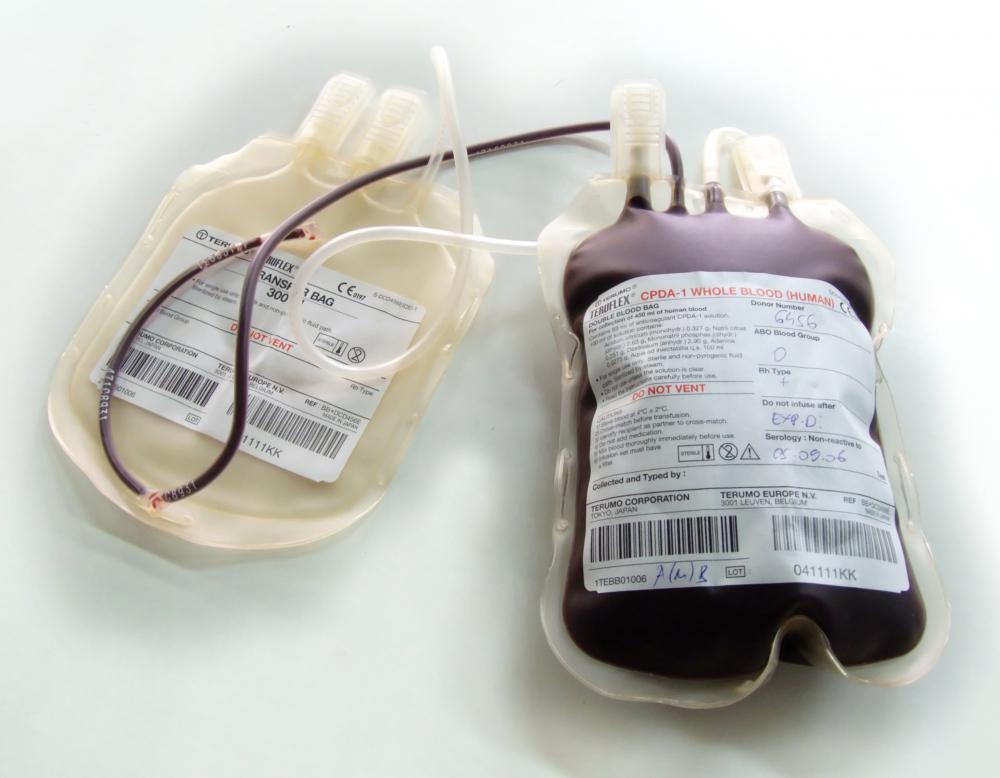
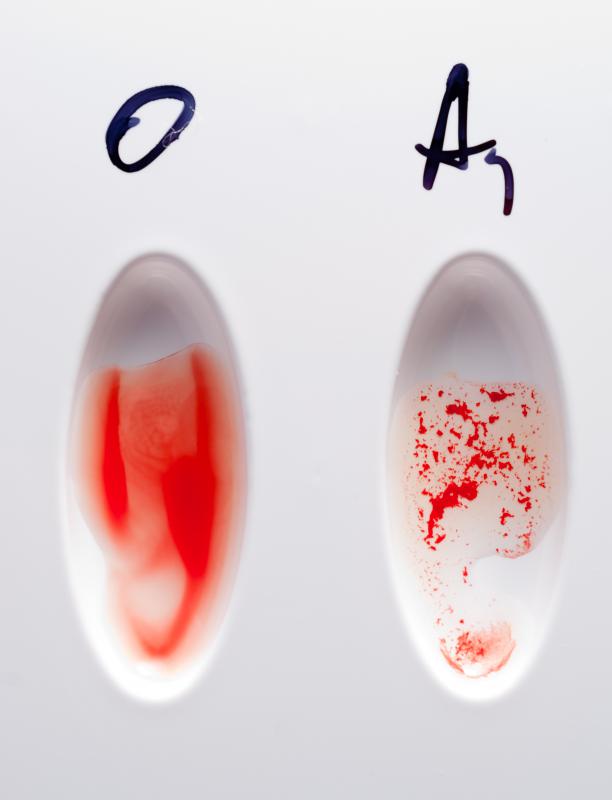
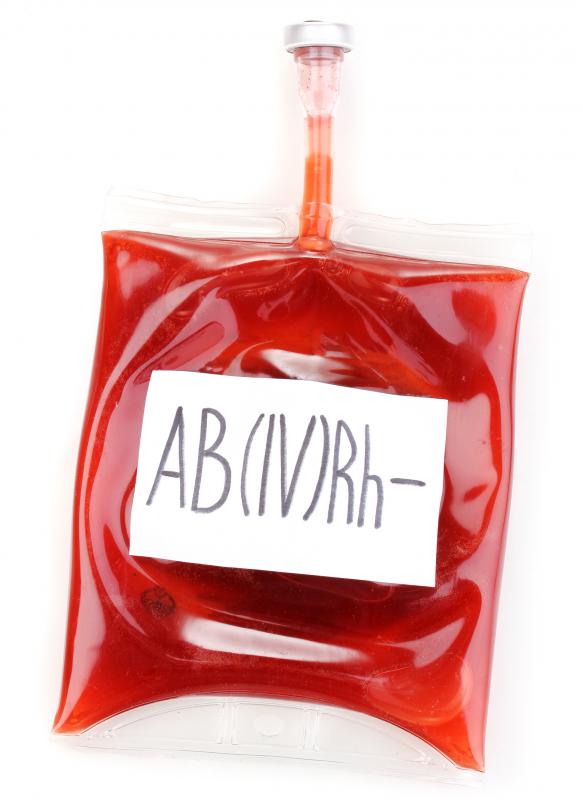


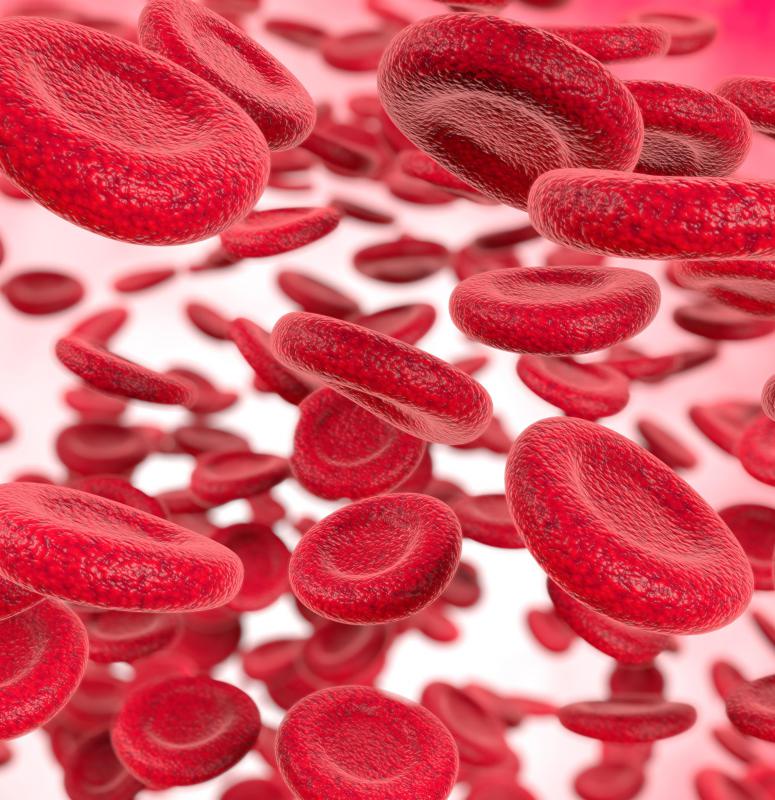
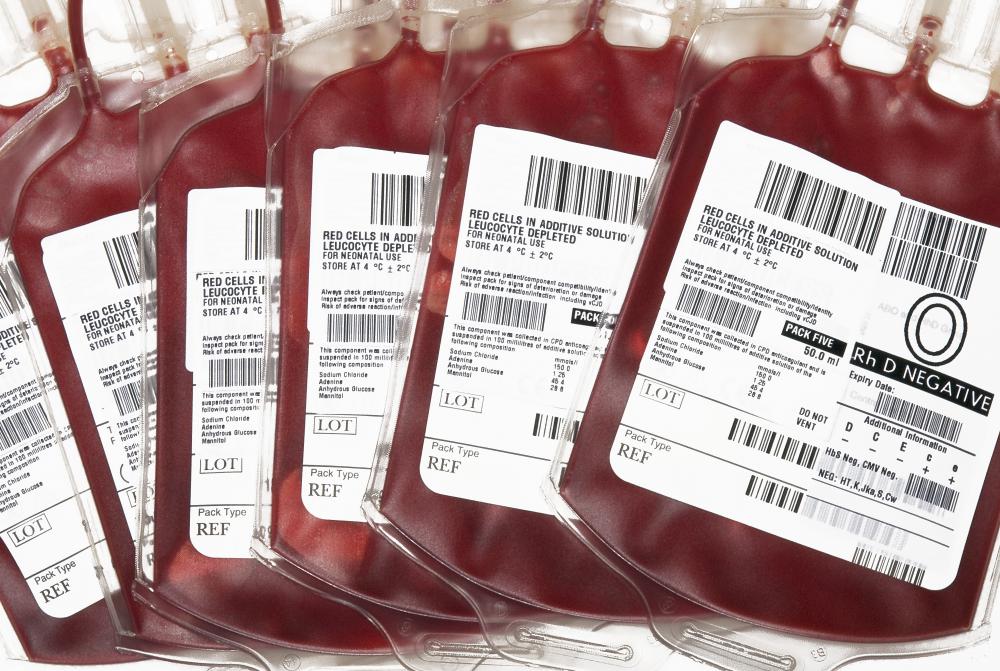
Discuss this Article
Post your comments